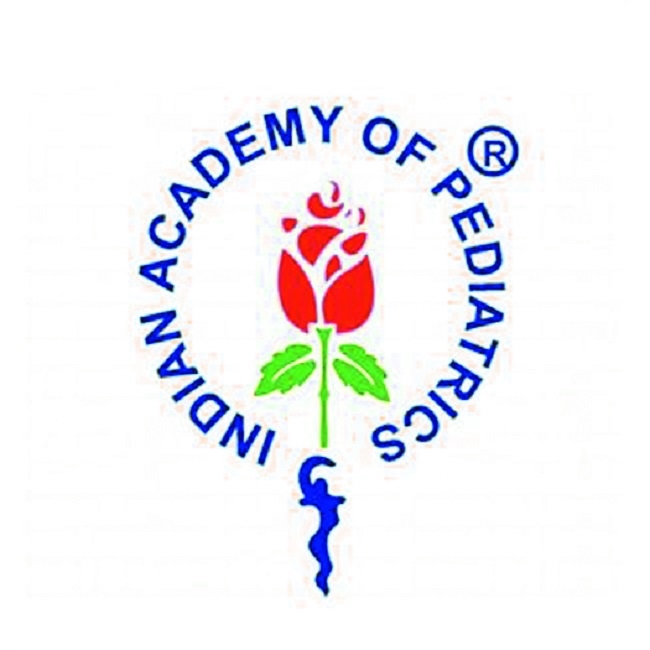Mission Kishor Uday to prevent suicides by youngsters
| Date :31-May-2019 |

By Ajay Mardikar;
The Adolescent Health Academy of India Paediatric Association has taken initiative to organise programmes with teachers, parents and students, mainly to prevent suicides, which are increasing among the youngsters. The experts in the field inform about the changes in behaviour indicating possibility of the person committing suicide.
The Nagpur Chapter has conducted more than ten such programmes, mostly in schools in the region. Parents have a major role in understanding behaviour of the child. In majority of the cases they fail to understand it or neglect it. Nagpur Chapter President Dr Jaya Shiwalkar stated that only 20% of the suicides committed are in a spur of time, whereas in 80% cases the possibility can be identified through careful observation of changes in behaviour and meaningful intervention. Lack of communication between parents and child result in the child taking extreme step for petty reasons. Besides Dr Shiwalkar, Dr Prajakta Kaduskar, Dr Avinash Gawande, Dr Rajeev Mohta are involved in the project. renowned Paediatrician Dr Uday Bodhankar is the patron. In changing behaviour of the child, including isolation, not informing the parents about his/ her activities outside or about friends or place he/she is visiting, writing letters secretly are some of the common things which indicate stress the child is undergoing. The Adolescent Health Academy has initiated the project called ‘Mission Kishor Uday’ and interaction programmes with school teachers, parents and students.
Dr Shiwalkar stated that the parents, on several occasions neglect the changing behaviour of the child or are unable to handle it. The child is not allowed or trained to face challenges or face failures effectively. This over-pampering spoils the child’s entire life. With growing challenges in life such over-pampered child either commits suicide, behave very aggressively, become violent or indulge even in unlawful activities. It is necessary for the parents to help the child face difficulties or challenges. They must be trained to face failures in academics, sports and other fields.
The free play with friends is missing these days. Outdoor activities have reduced. The facilities are made available over and above actual requirements. Academics is the only pursuit the parents have been concentrating. That too not academics in its true sense. It is understood only through scoring high marks. During the awareness programmes students raise several questions on this aspect. The Academy has been organising peer training, for getting information about the suicidal tendency or changing behaviour. They even understand the stress their friend is undergoing.
During the last six months more than ten programmes in Nagpur and Yavatmal have been conducted. Dr Shiwalkar also stated that the child should have confidence in its own parents. He/she should have a strong feeling that the difficulties can be best solved by the parents only. The parents also should learn to understand the child. This is possible through effective communication between them. All these aspects are important. Lack of it produce shocking results, which are indicated through incidents like recent suicides by students of a reputed medical college or by those scoring less marks in standard XII, refusal by parents to fulfill petty demands etc. Suicides due to break-up in relationship are comparatively very less. Some psychological or psychiatric problems may be of genetic origin. These can be corrected through Rational Emotional Behavioural Therapy. The role of parents, however, is most important, if growing suicides among adolescent or youths are to be prevented.